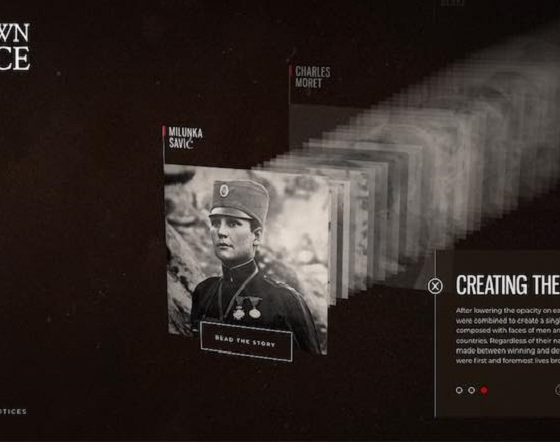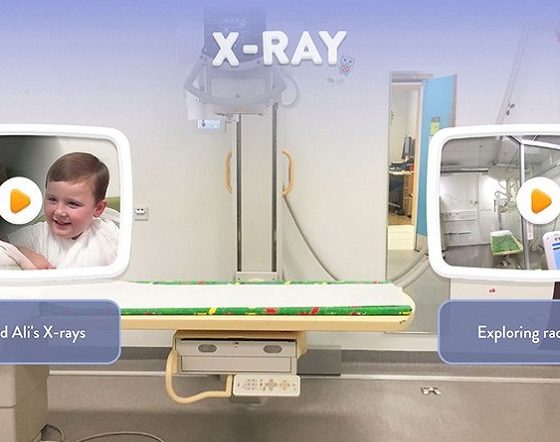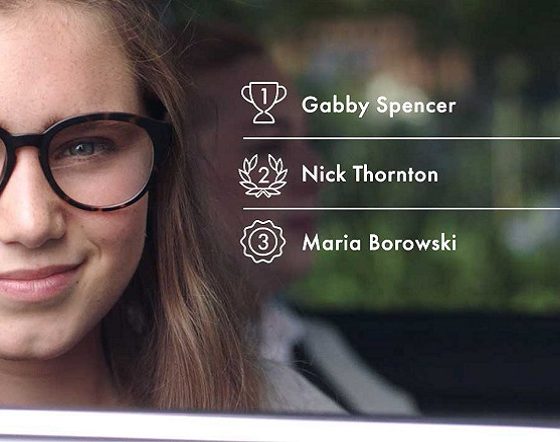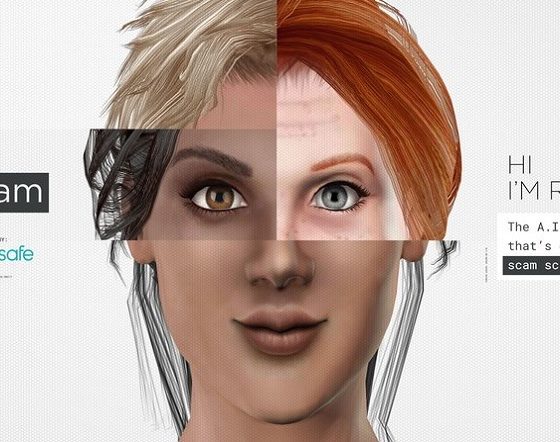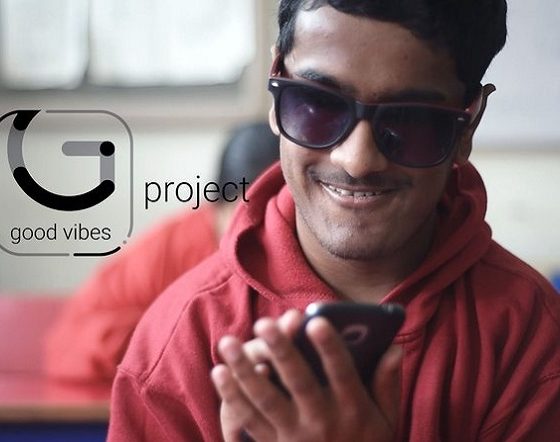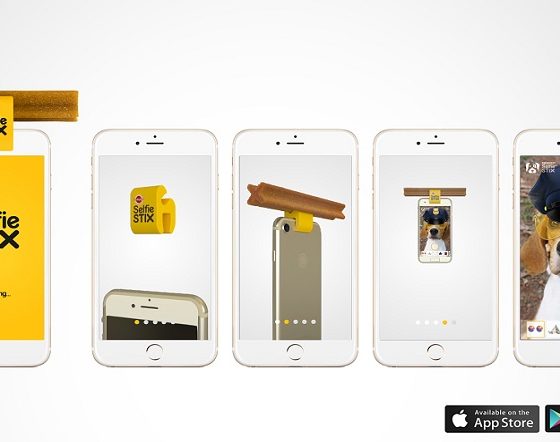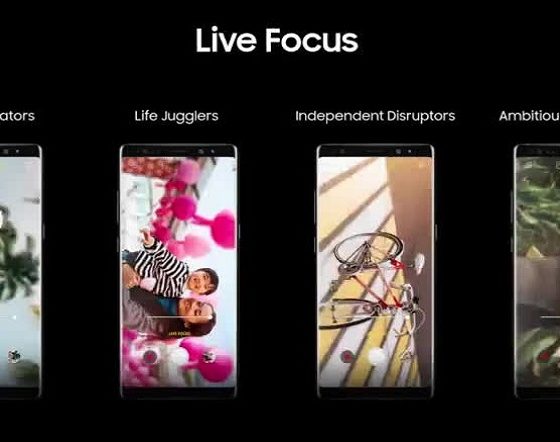Social Tools
By Black et Decker
For Black & Decker, the manufacturer of housing and gardening tools, a great challenge in nowadays’ German market is that its products are available in fewer and fewer traditional stores. In another hand, more and more DIY amateurs are sharing their tools online. The brand decided to digitalize its image to seduce this young community by making a virtual smart cupboard of tools which allows users to borrow, reserve and exchange tools.
The Unknown Face
By Historial de la Grande Guerre
“The Unknown Face” is a project conceived by the Historial de la Grande Guerre in Préronne, France, in order to memorialize the stories and faces of all those who have lost their lives in WWI, and to share the message of peace, by using this collection of portraits and new technologies. The team scanned over 30 000 portraits during the WWI then made them into an unique face, by using the algorithm.
Alder Play
By Alder Hey Children's Hospital
As the first hospital-wide patient experience app in the UK, Alder Play is revolutionizing patient care. Using gaming, chatbots and augmented reality, the app is a companion supporting young patients throughout their entire journey, reducing stress and anxiety along the way.
SmartPlates
By AAMI
Young drivers are most at risk of being involved in an accident. AAMI SmartPlates allows young drivers to track their learning progress in real time and pinpoints skills that need practicing. It uses smartphone technology to live-track a learner’s hours, route choice, weather, road and traffic conditions, and then provides comprehensive feedback on progress.
Re : scam
By Netsafe
Designed by Netsafe, a New Zealand’s online safety organization, Re:scam is an AI chatbot designed to do the one thing you shouldn’t: reply to scams. By forwarding suspicious emails, the bot identifies scam and begins a never-ending conversation, so scammers waste their time instead of focusing on real targets. It’s capable of imitating multiple personalities and generate false account information.
Hyper Court
By Nike
Nike took iconic street courts in Manila and used data and design to transform them into a basketball coaches. Painted with portraits based on actual NBA players by NYC well-known illustrator Arturo Torres, each court unlocks a hyper-personalised training program and sends training drills to players, streamed in a data-free way using Google technology.
The Good Vibes Project
By Sense International India
For deafblind people, neither Pro-tactile Sign Language nor Braille allows them to communicate with other people independently and remotely in this digital era. Therefore, Sense India created The Good Vibes App, the first, two-way communication tool for the deafblind, that harnesses the power of the smartphone to empower the deafblind community across the world.
SelfieSTIX
By Mars New Zealand
Human love to take selfies, but dog don’t like it that much. To promote its product Pedigree DentaSTIX, Mars decided to win young dog owners by helping them to capture perfect dog selfies. The brand created SelfieSTIX, a smartphone accessory given away with products and supported by a smartphone application that analyzes dogs facial characteristics then puts funny filters on dog’s face.
Little moments, bigger things
By Samsung
Samsung wants to make the Note8 a phone for everyone, so its campaigne has to reach for everyone in a personalized way. The brand used micro-segmentation to deliver sequentially hyper-relevant content such as video and social display based on customer’s behavior, interest, consumer journey, connecting data, creative, and media around a single client driven proposition in ways that could not be achieved by one big insight…

